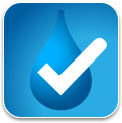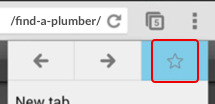An expert in all things hot water, David Rotstein predicts solar will continue to grow as a way for Australians to power their showers.
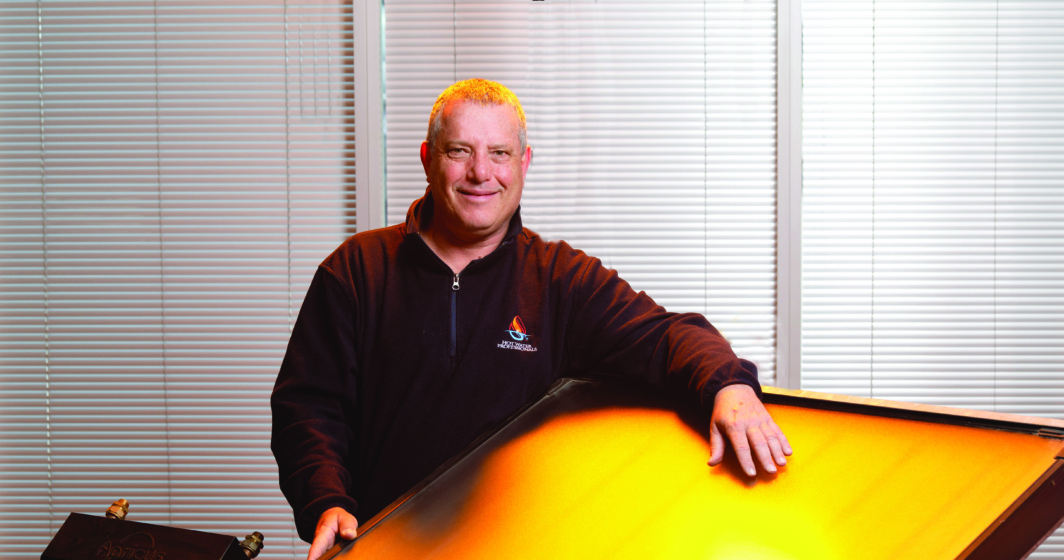
David Rotstein can’t predict what the future of energy will look like.
But he knows solar hot water will play a big role in it.
“The hot water industry is an always changing and evolving industry, and major manufacturers are always upgrading the types of hot water systems they offer. They are all very focused on energy-efficient products moving forward,” says the Director of Melbourne-based Hot Water Professionals.
Hot Water Professionals was sold to David in 2007, not long after he immigrated to Australia from South Africa. David’s professional background has taken him from working as an electrician to working in the food industry and in a filtration business.
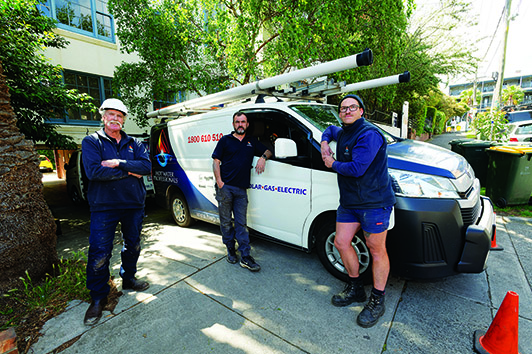
“Between 2007 and 2023 we’ve been specialising in installing hot water systems, including gas, electric, gas and electric solar hot water systems as well as heat pump hot water systems, which are now the new big thing in hot water,” he explains.
“We do a lot of maintaining hotwater systems, and installing and selling hot water systems countrywide. We work with a lot of real estates, body corporates and we do work for quite a bit of work for a number of plumbers, who will give us work because hot water is not their area of expertise. As long as it’s hot water, we’ll do it.”
The company works with more than a dozen of the country’s leading manufacturers including Rheem, Bosch, Rinnai and Vulcan.
After more than 15 years leading the business, David has seen the solar industry ebb and flow, but says more customers than ever before are making the switch to more energy-efficient hot water systems.
“Back in 2007, solar was really the big thing. But then because of its cost, it sort of started dying off unless you were building a new house. Now we’re seeing a lot of people put solar power panels on the roof, then coupling them with a heat pump, which makes it very efficient to heat their water.
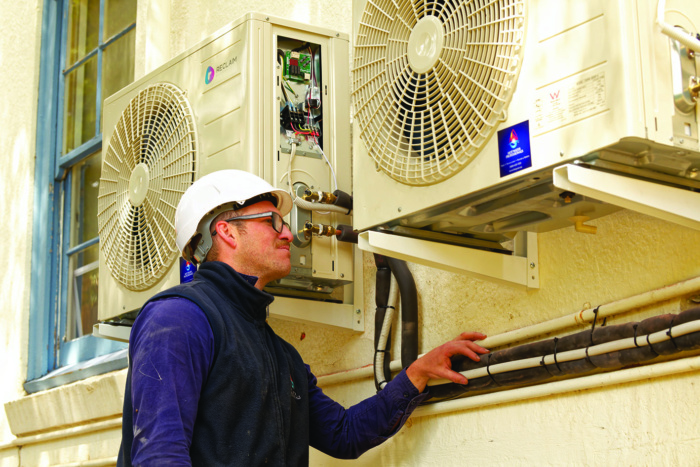
“For a lot of people, saving money is the long-term aim. Obviously the higher the quality, the more efficient the heat pump is but also the higher the cost is. When we are looking at the efficiency of a mid-range system, you’d be saving around 70 percent on your running costs as opposed to a standard electric hot water system.”
Victoria offers a hot water rebate of up to $1,000 for householders who install eligible heat pump and hot water systems - not only saving between $140-$400 per year on their electricity bills but also helping to reduce greenhouse gas emissions.
“We are registered with Solar Victoria, so we get leads through that channel. It’s really important to note that when installing a heat pump or solar hot water system, it’s good to go with reputable companies who are registered on Solar Victoria,” says David.
Hot Water Professionals supports customers throughout the entire rebate process, helping to make heat pump systems more accessible to the broader community.
“The rebates certainly help with the costs associated with installing a heat pump, and we help with all of the compliance, with someone pretty much doing that full-time and making sure customers can claim the rebates applicable to each job.” Hot Water Professionals currently has a team of seven plumbers - including a couple who have been with the business for close to 20 years - and services all of metropolitan Melbourne as well as the Mornington Peninsula.
“Our work is spread right around Melbourne. We are based in Port Melbourne so we’re central to all the freeways, and we just go where the work is.”
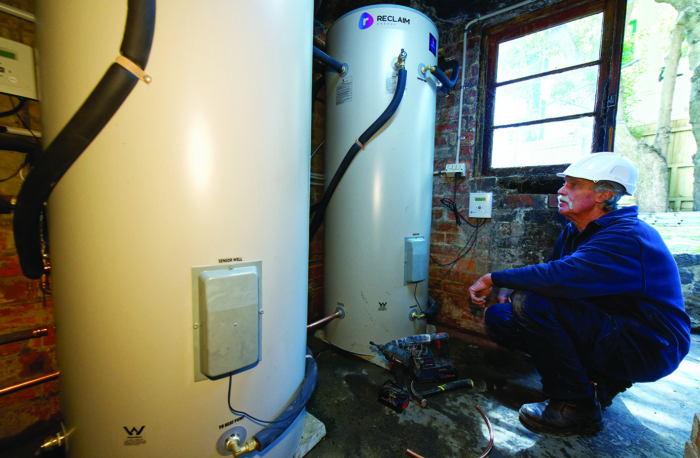
Share this Article

